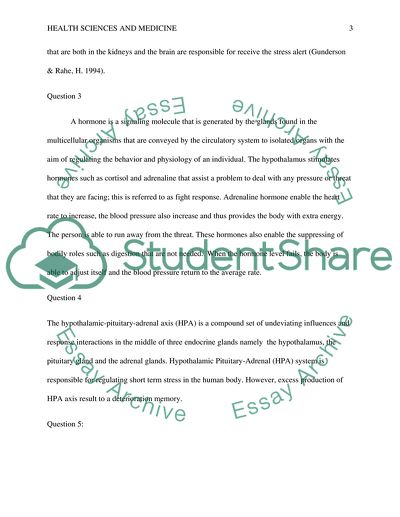Stress and the Neuroendocrine Response Coursework. Retrieved from https://studentshare.org/health-sciences-medicine/1679209-stress-and-the-neuroendocrine-response
Stress and the Neuroendocrine Response Coursework. https://studentshare.org/health-sciences-medicine/1679209-stress-and-the-neuroendocrine-response.


